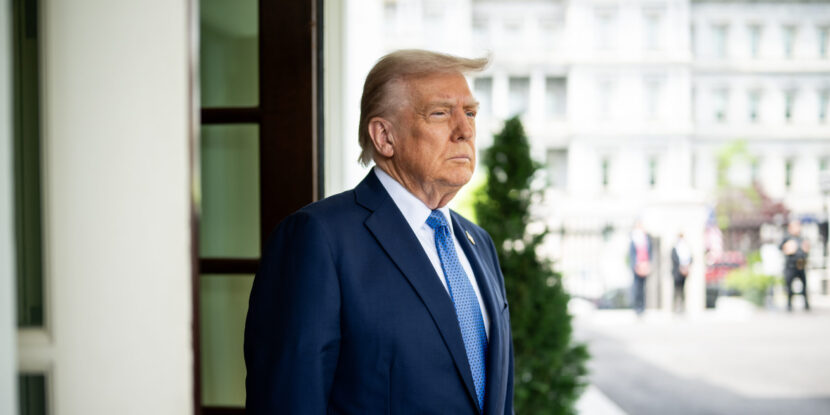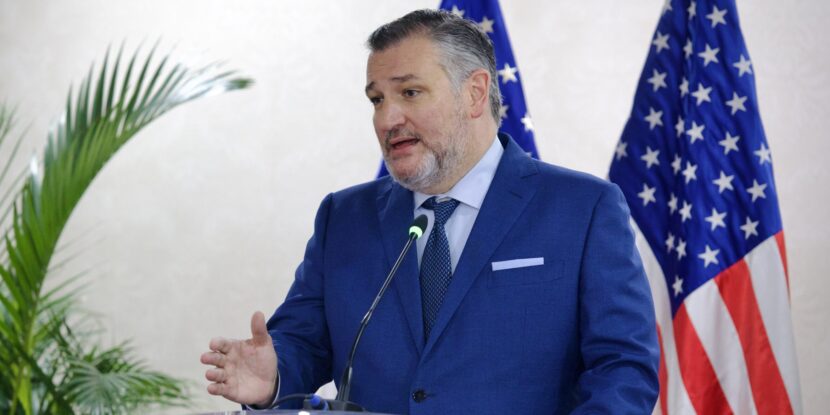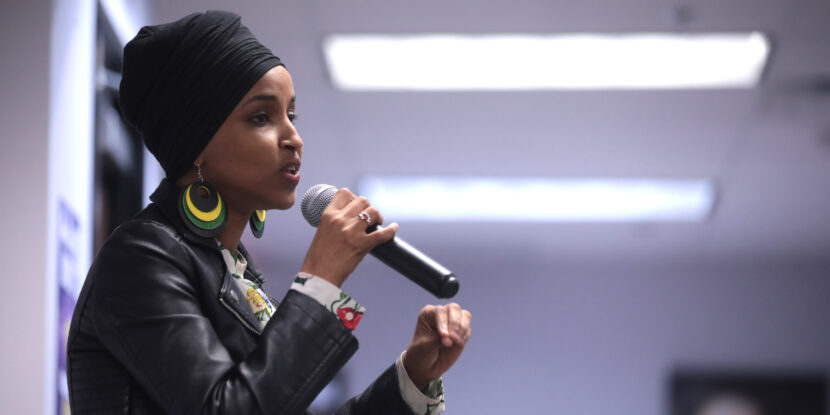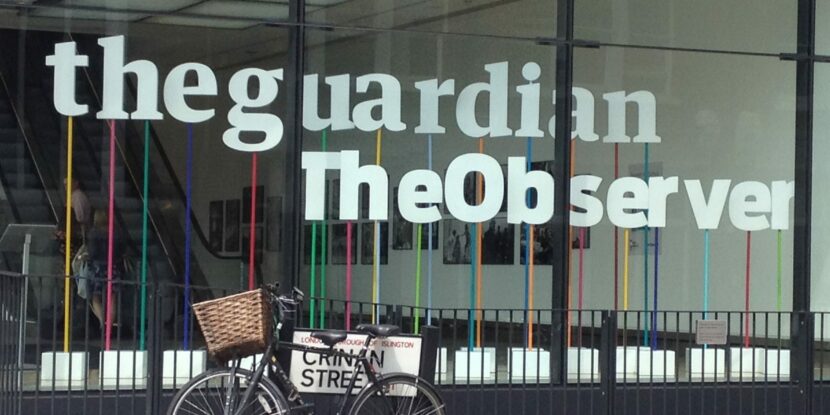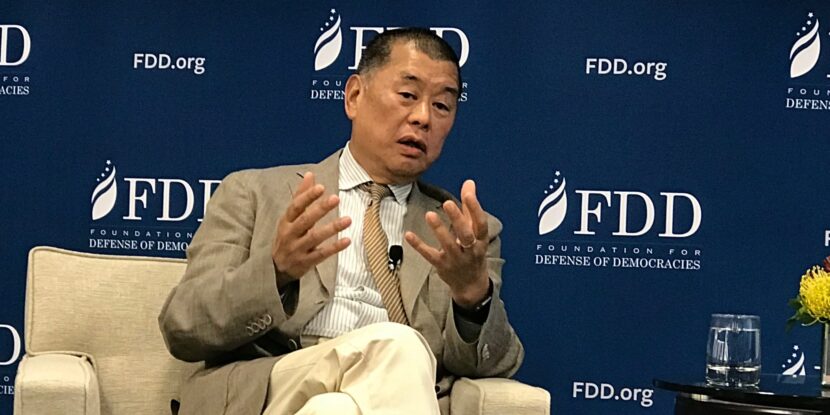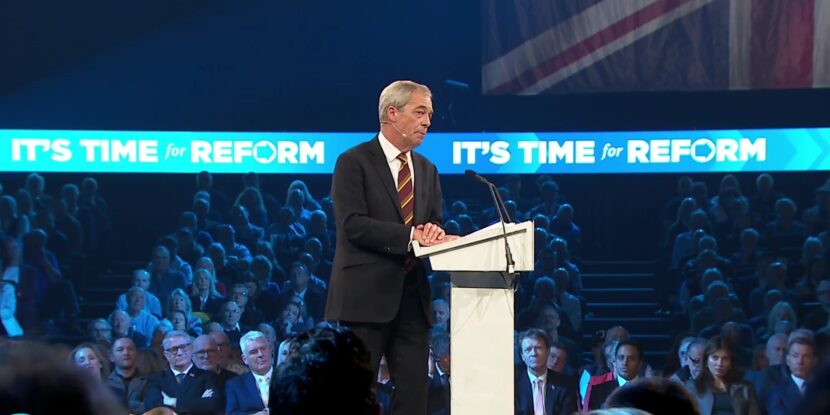PULSE POINTS:
❓What Happened: Amazon reportedly planned to add the estimated cost of tariffs to its product prices. The Chinese online retailer Temu has made a similar move, though the foreign e-commerce company admits in fine print that the additional ‘tariff’ costs do not directly correlate to the U.S. import duties on Chinese goods. However, Amazon now claims that the tariff estimates were being considered only by Amazon Haul and were “never a consideration for the main Amazon site and nothing has been implemented on any Amazon properties.”
👥 Who’s Involved: President Donald J. Trump, Jeff Bezos, Amazon, White House press secretary Karoline Leavitt.
📍 Where & When: Washington, D.C., April 29, 2025.
💬 Key Quote: “This is a hostile and political act by Amazon,” said Karoline Leavitt after the plan to add tariff estimates to pricing was initially reported. Amazon responded later Tuesday morning, claiming: “The team that runs our ultra low cost Amazon Haul store has considered listing import charges on certain products. This was never a consideration for the main Amazon site and nothing has been implemented on any Amazon properties.”
⚠️ Impact: The decision could have affected Amazon’s political relations, though the abrupt announcement by the e-commerce giant that they would not pursue the pricing change may cool tensions with the White House.
IN FULL:
Tensions between the White House and Amazon briefly intensified after President Donald J. Trump criticized the retailer’s reported plans to display estimated tariff costs on its product listings. The scheme prompted a sharp reaction from the Trump administration, leading to accusations of political motivations and foreign interference.
White House Press Secretary Karoline Leavitt addressed the issue in a statement on Tuesday, April 29. According to Leavitt, President Trump viewed Amazon’s move as “hostile and political,” labeling it an attack on American interests. The conflict arose after anonymous sources leaked to the corporate media Amazon’s intention to highlight the tariffs imposed by the Trump administration on imports from countries like China.
Leavitt did not hold back in her criticism of the online retail giant, questioning Amazon’s timing. “Why didn’t Amazon take similar actions during the Biden administration when inflation rates soared to record levels?” she queried, suggesting that Amazon’s motives might have partisan underpinnings.
Further, Leavitt raised concerns over Amazon’s international affiliations, hinting that the company’s collaborations could potentially serve as channels for foreign narratives. She referenced reports by Reuters indicating Amazon’s partnerships with entities linked to Chinese propaganda efforts. Notably, the Chinese online retailer Temu has made a similar move, though the foreign e-commerce company admits in fine print that the additional ‘tariff’ costs do not directly correlate to the U.S. import duties on Chinese goods.
Following the firm White House response, Amazon clarified its pricing policy, stating: “The team that runs our ultra low cost Amazon Haul store has considered listing import charges on certain products. This was never a consideration for the main Amazon site and nothing has been implemented on any Amazon properties.”
Despite the White House’s strong response and past friction between Trump and Amazon’s founder, Jeff Bezos, the technology billionaire has recently been more communicative and open to accommodating the White House, possibly explaining the apparent backtrack.
